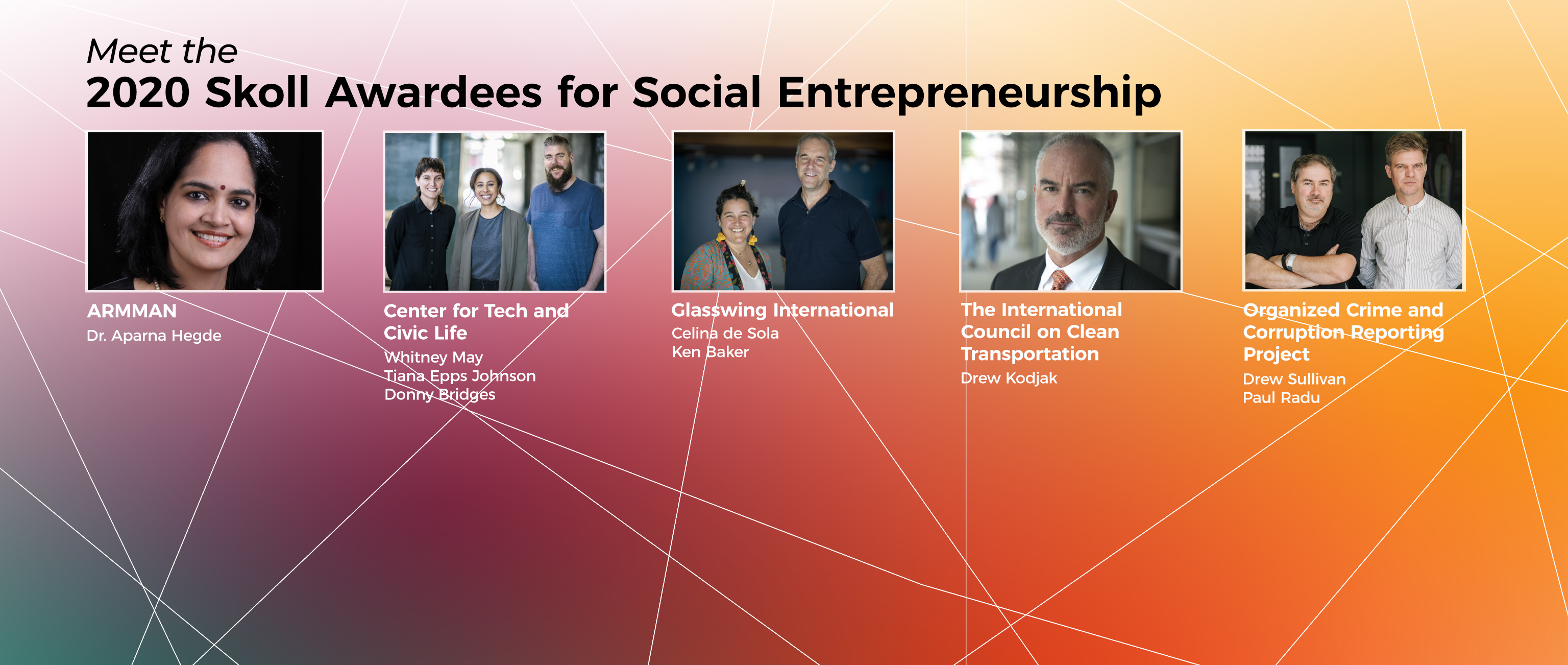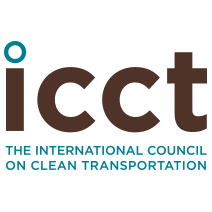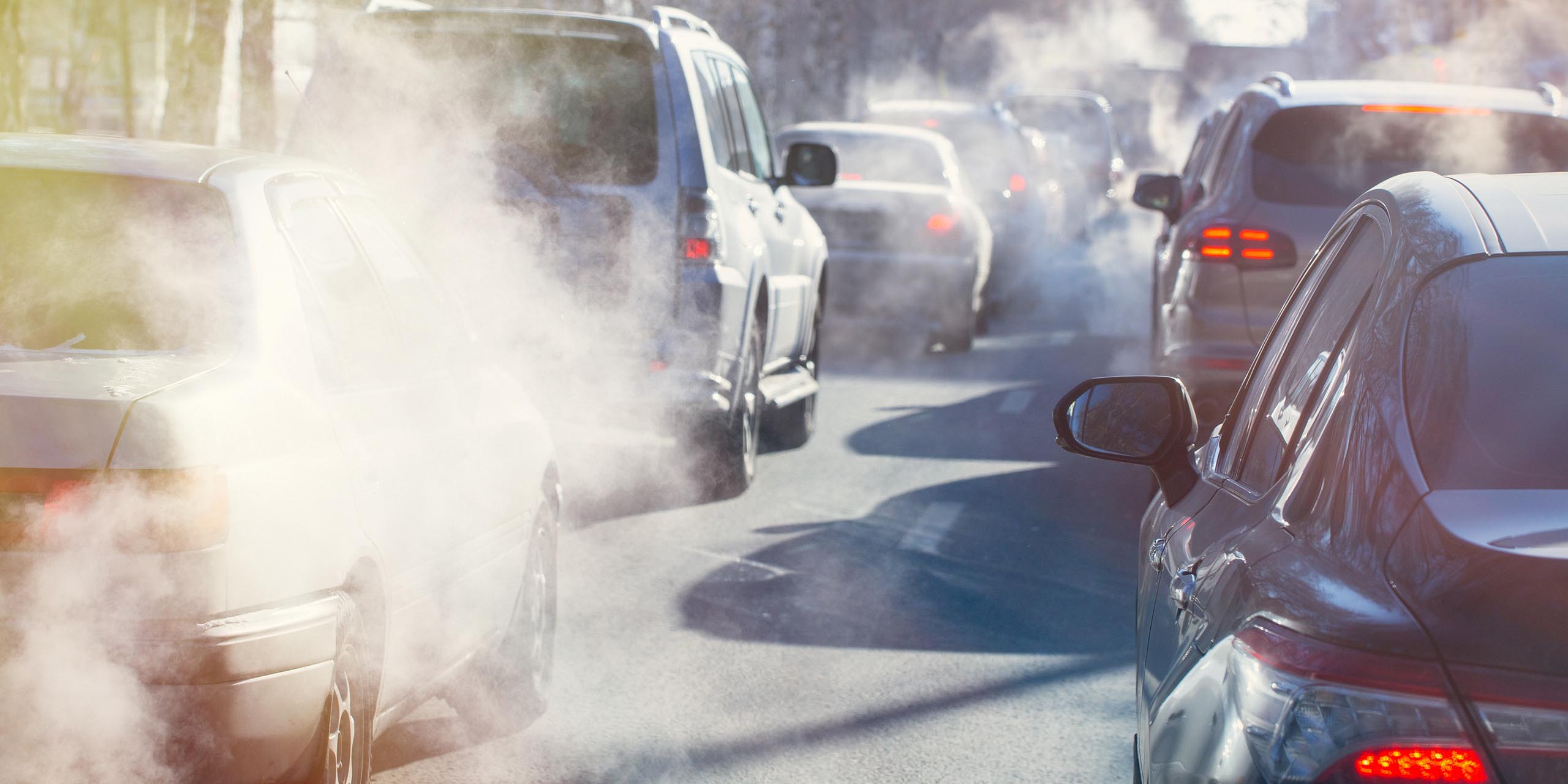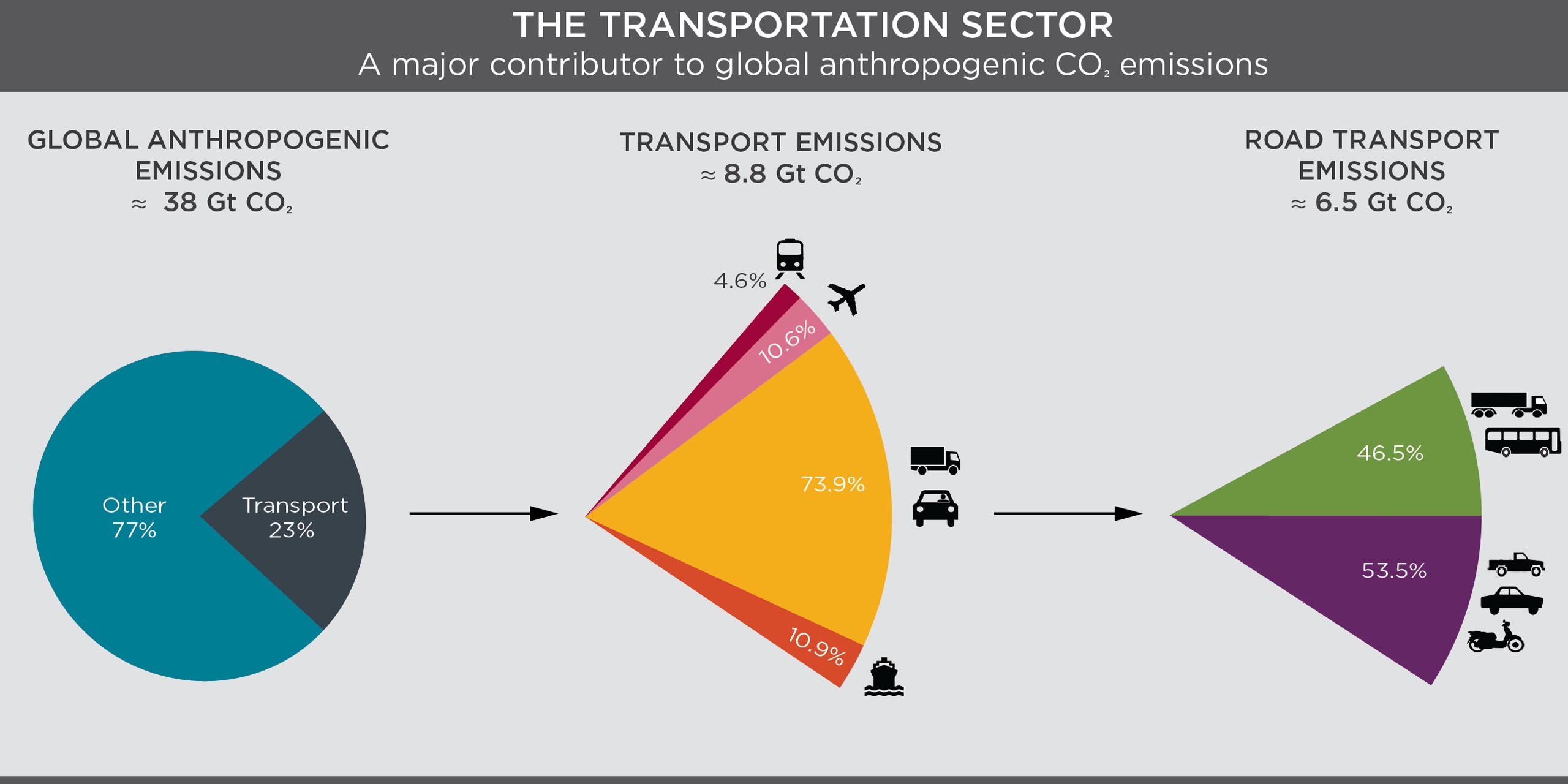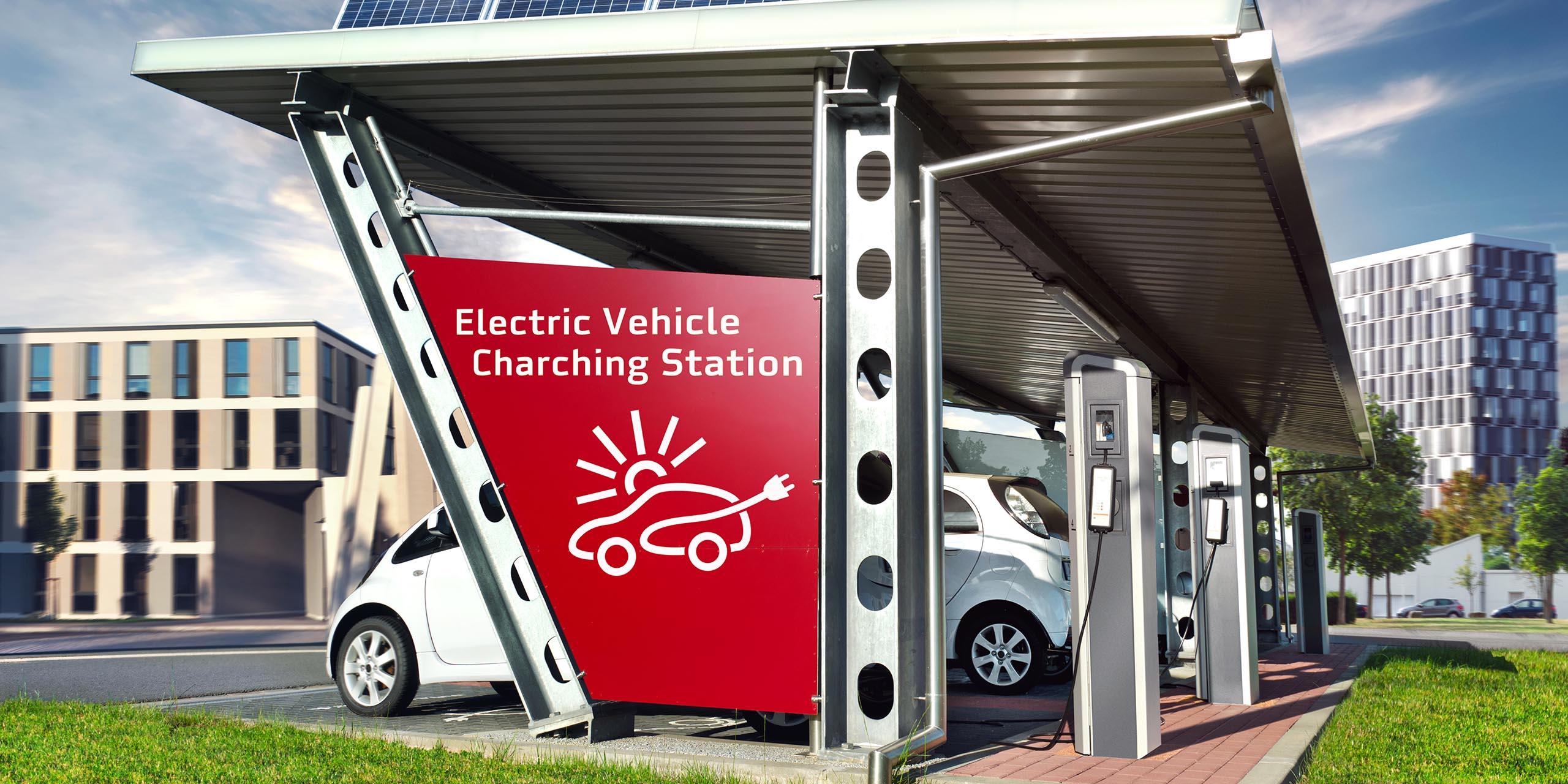Solving two of the world’s biggest environmental challenges, climate change and air pollution, will demand rapid progress toward cleaner, more efficient technologies for all modes of transportation. In 2017, transportation accounted for roughly one quarter of global anthropogenic CO2 emissions. If we are to hold global warming “well below” the 2 degree C target agreed to in the Paris Climate Accord, radical reductions in greenhouse gas emissions must be achieved from transportation. And yet, as global population and economic output continue to grow, so will the demand for transportation of people and goods.
The International Council on Clean Transportation (ICCT) provides first-rate, unbiased research and analysis to government officials and relevant stakeholders to improve the environmental performance and energy efficiency of road, marine, and air transportation. It works in the largest transportation markets across the globe—the United States, Europe, Japan, China, India, Mexico, Brazil, Canada, and Korea—as well as in international venues such as the International Maritime Organization and the International Civil Aviation Organization.
The ICCT works directly with government regulators, policymakers, and a diverse array of external stakeholders—including other NGOs, industry leaders, the media, and the scientific and academic community—to advance effective clean transportation policy. To accelerate successful adoption and implementation of such policies, the ICCT provides technical support and analysis, up-to-date information, and access to a global network of expertise and experience. The ICCT sees a future of vastly improved environmental performance and energy efficiency of all modes of transportation, to the benefit of public health and ambitious climate change mitigation.
